It's the season for dry, itchy skin
-It is the season for dry, itchy skin, from your flaky scalp all the way down to your cracked heels.
Why does winter feel so harsh on our bodies? Blame the dry winter air, which becomes even drier thanks to indoor heating systems running at full blast. This lack of moisture wreaks havoc on your skin. When the air is more humid than your skin, your skin absorbs moisture. But in a dry environment with little moisture in the air, your skin loses water instead. That is why your skin may feel plump and hydrated during the humid summer months but parched and flaky in the winter.
Taking long, hot showers to escape the cold weather can actually make things worse. Hot water strips away your skin's natural oils and can disrupt the skin barrier—a protective outer layer made up of cells and fats. This barrier helps lock in moisture and keep harmful pathogens out. When it is compromised, your skin loses water even more easily, allowing it to evaporate into the dry, winter air.
A good moisturizer is key for treating dry skin. To figure out which one you need, it is helpful to understand the wide variety of products and ingredients on the market.
Terms like "lotion," "cream," and "ointment" are often used interchangeably, but they refer to distinct products. Lotions are the lightest, with a higher water content that allows them to absorb quickly. Creams contain equal parts water and oil, while ointments are mostly oil-based, making them thick enough to sit on the skin's surface rather than fully absorbing.
Creams are the perfect middle ground—not too light, not too heavy. Most of the product absorbs into the skin to hydrate it, while the oil creates a thin, protective layer on the surface to lock in moisture.
When shopping for creams, prioritize those with hydrating ingredients. Humectants like hyaluronic acid, urea, and glycerin draw water from the environment to boost skin moisture. Emollients such as squalane and shea butter "help soothe dryness, calm irritation, and repair gaps in the skin barrier. Very dry skin may also benefit from a thicker product containing ingredients like lanolin or petrolatum.
It is best to apply the product within about three minutes of getting out of the shower or bath, while skin is still slightly damp. Doing so helps the skin seal in moisture and slows its water loss. Using humidifiers and turning down the heat can help minimize the dryness of your home’s indoor air.
Hands and feet take a beating during the cold months. They are the most used parts of the body and often also the driest. Since you wash your hands frequently, especially during winter illness season, keep a moisturizer right next to the sink, so you can apply it to your still-damp skin after each wash. The skin on the hands and feet are very thick, so you can choose a product that is similarly thick. Exfoliating products that contain ingredients like lactic acid can also help with rough elbows and heels. Applying a layer of your preferred moisturizer to your hands and feet before bed and covering them with cotton gloves or socks will help you wake up with soft and supple skin.


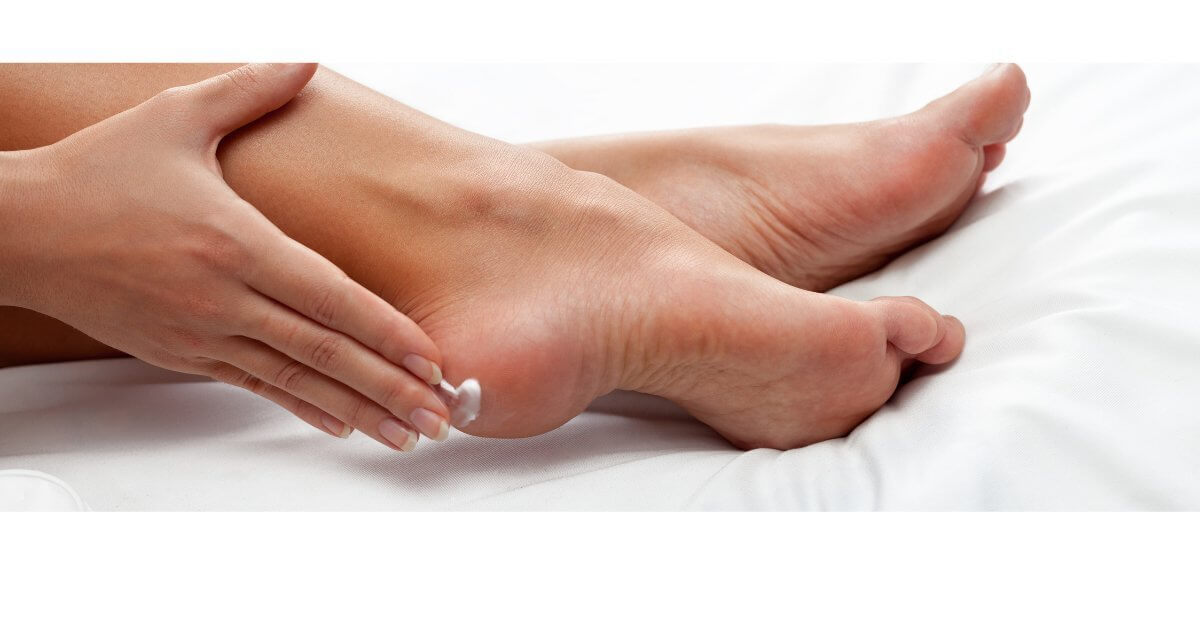


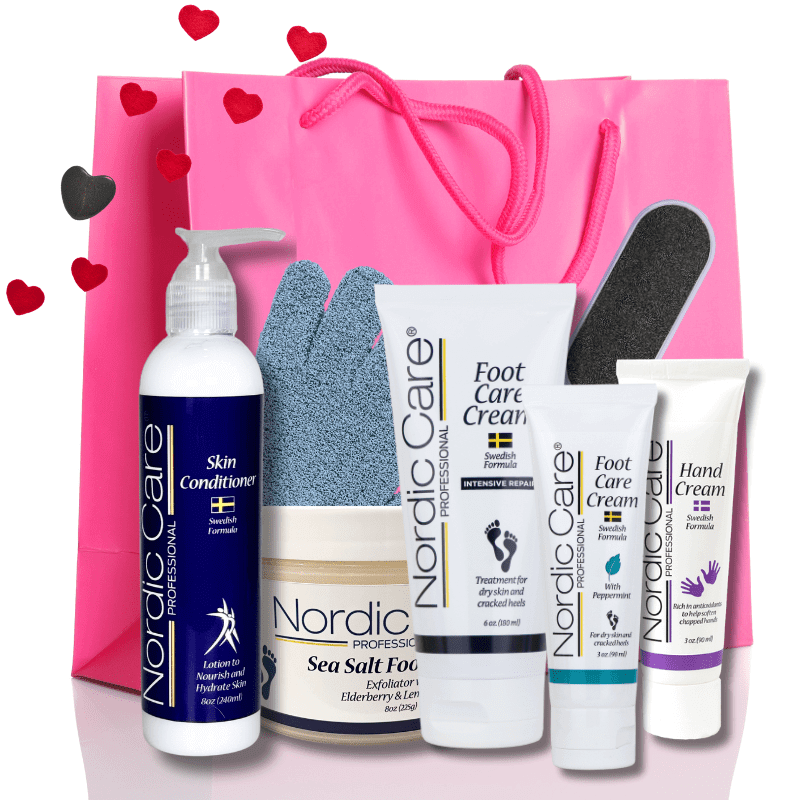
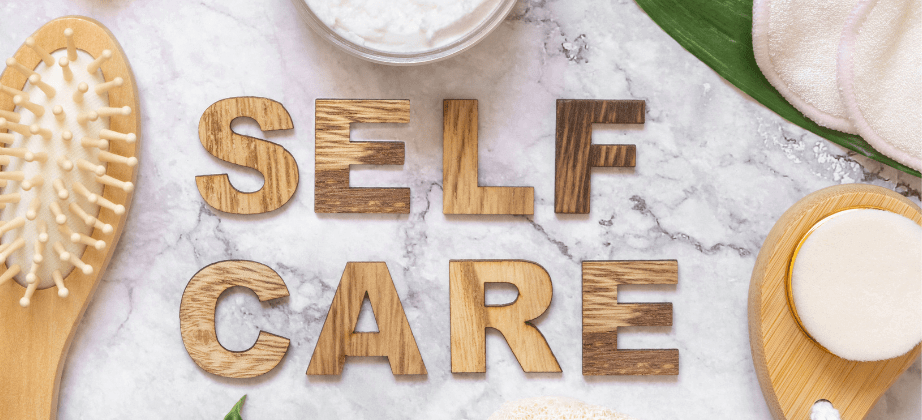
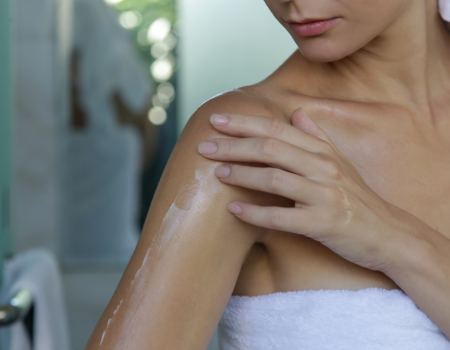
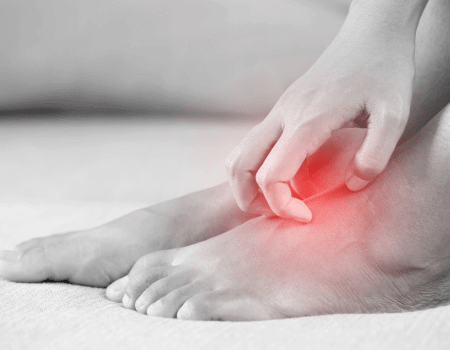
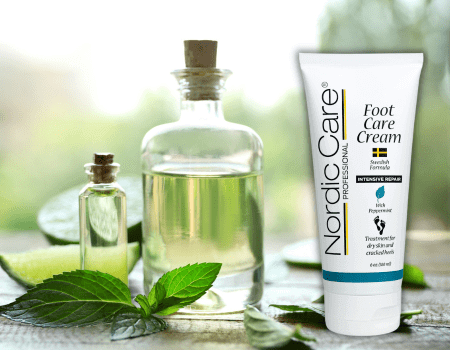
Leave a comment